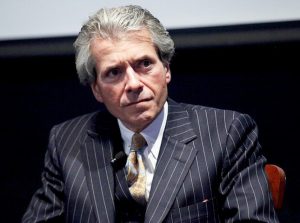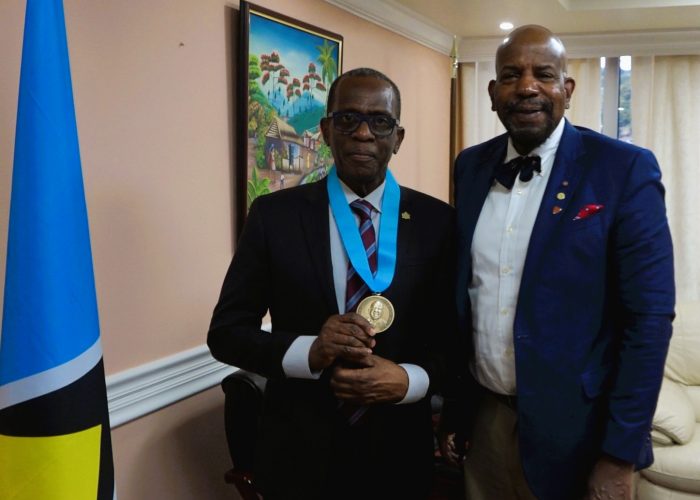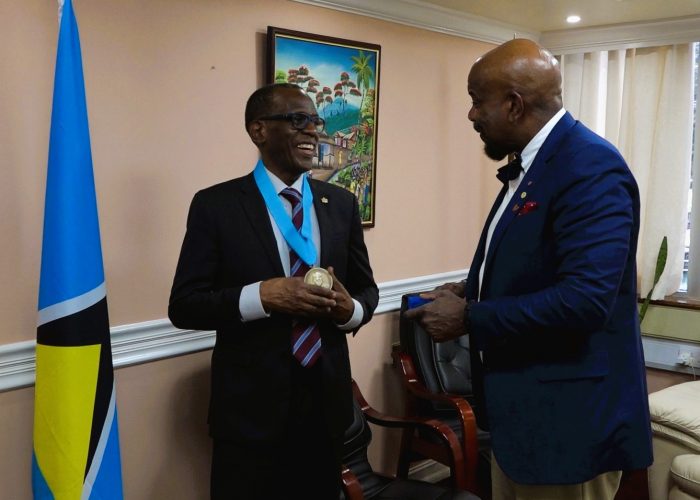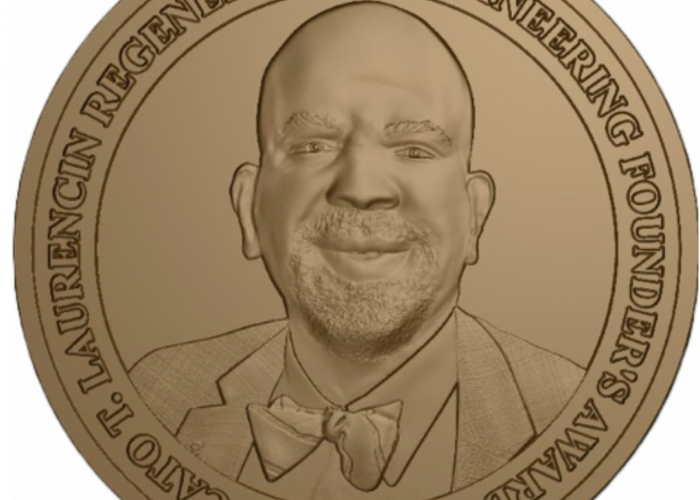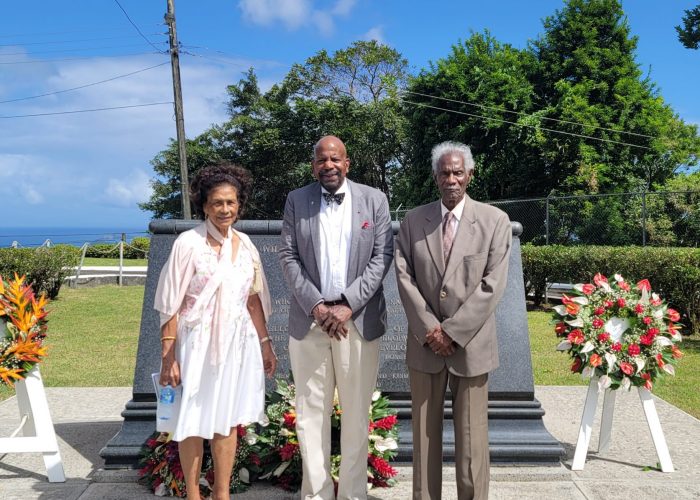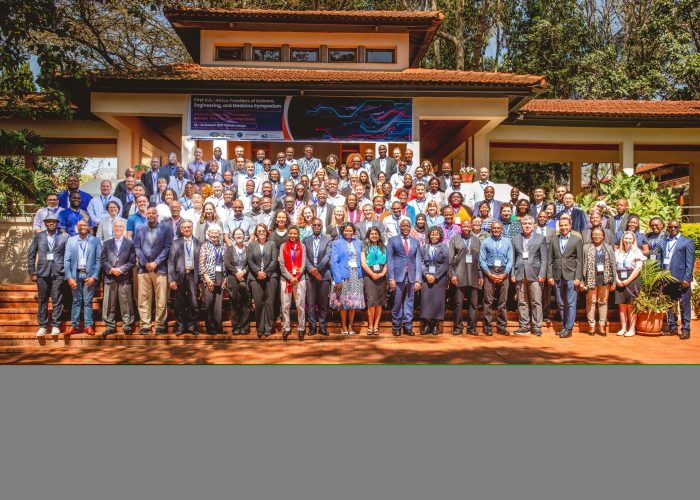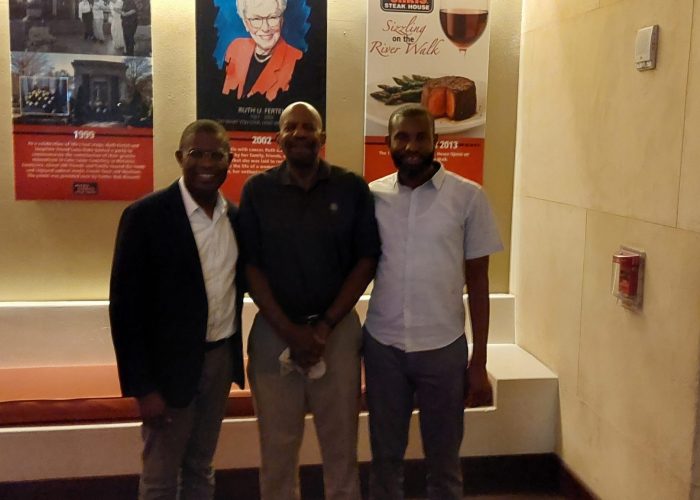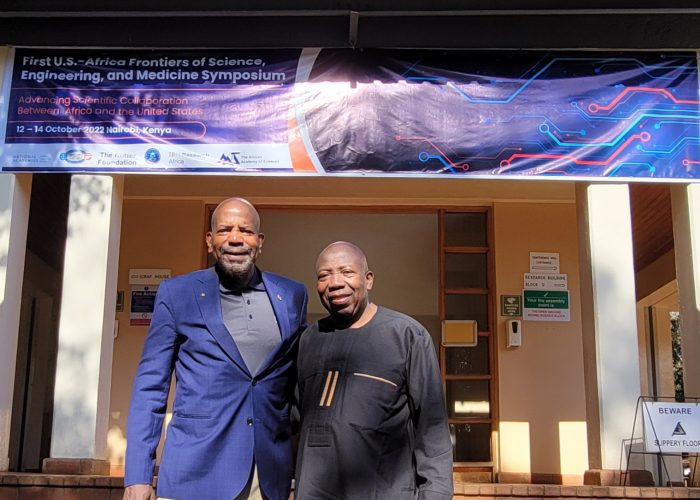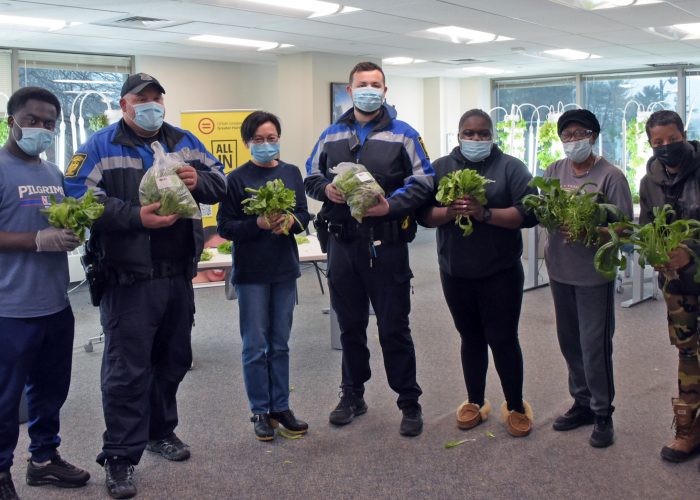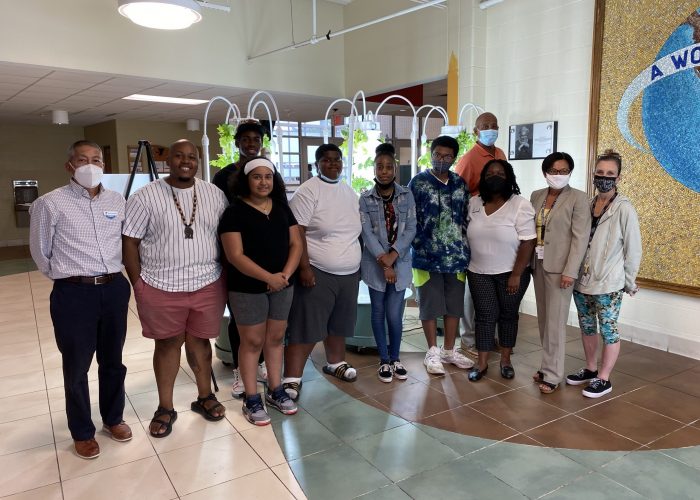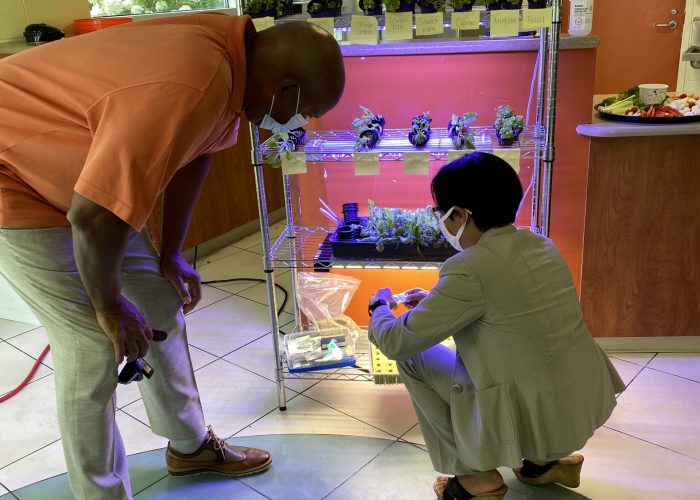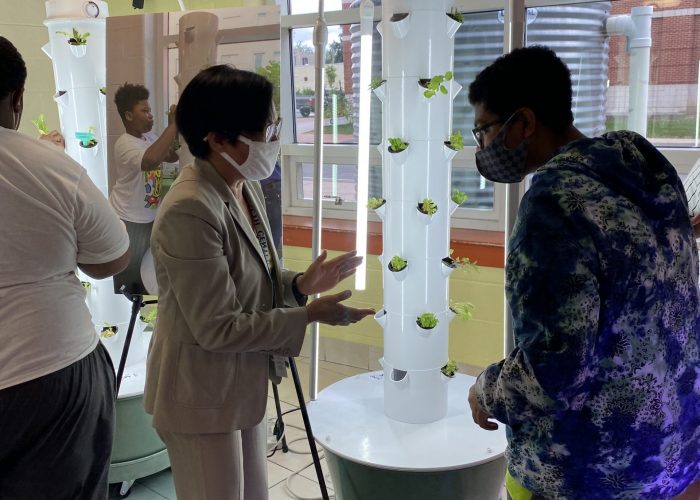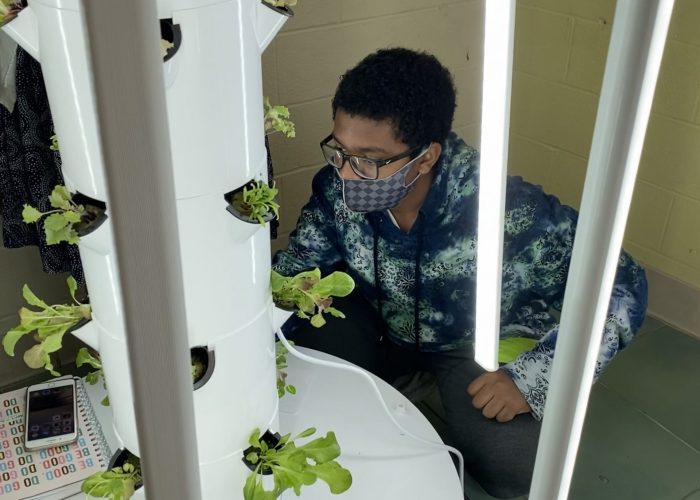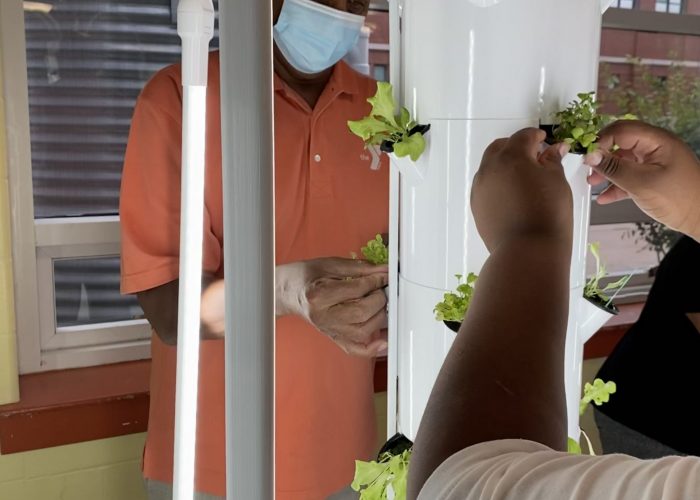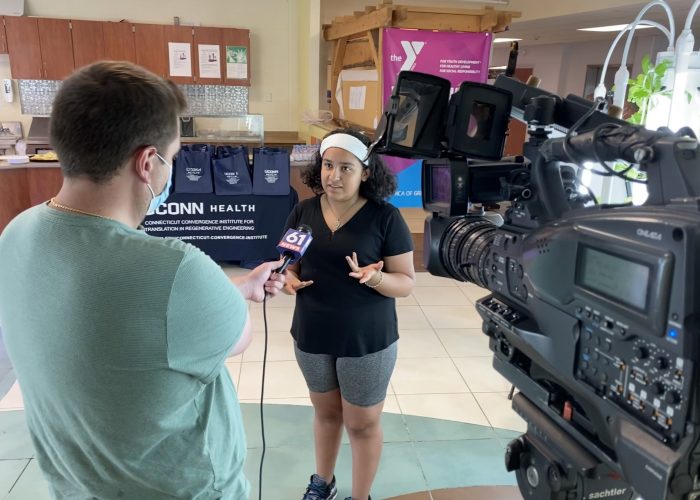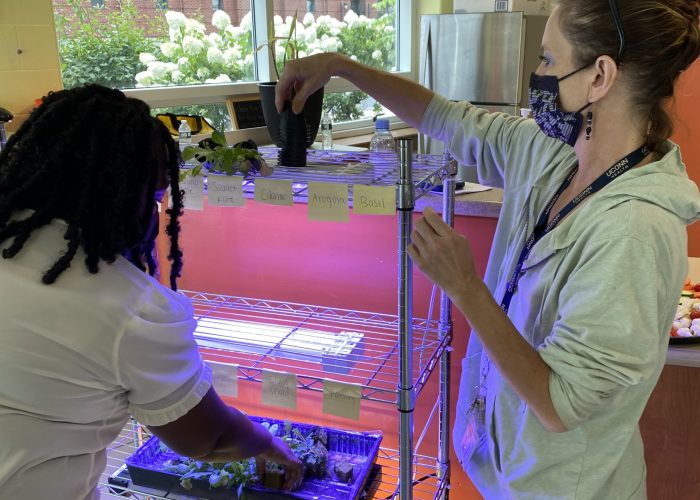New Grant to Train Future Scientists in Regenerative Engineering
Awarded to the Connecticut Convergence Institute
The novel doctoral T32 Program, Regenerative Engineering of Musculoskeletal Tissues: A Convergence Doctoral Training Program has been funded by the National Institute of Arthritis and Musculoskeletal and Skin Diseases NIAMS (T32 AR079114) for 5 years (2021-2026). The T32 Program goals are to educate, support and enhance the training of individuals dedicated to careers as independent clinical translational and basic scientists in regenerative engineering.
The program offers inter-disciplinary research training at the University of Connecticut (UConn) combining the fields of biomedical science and engineering. Faculty at the Connecticut Convergence Institute for Translation in Regenerative Engineering who led this grant were Dr. Cato Laurencin (Principal Investigator), Dr. Gualberto Ruaño (Co-Investigator), and Dr. Lakshmi Nair (Co-Investigator).
Regenerative Engineering is defined as the Convergence of advanced materials science, stem cell science, physics, developmental biology and clinical translation for the regeneration of complex tissues and organ systems. Musculoskeletal regeneration is a field ripe for an inventive approach based on convergence to address challenging issues, advance technology and further fundamental knowledge for therapeutic applications. At the center of the Convergence approach is the understanding that new solutions in regeneration will take place through an ‘un-siloed’ approach.
The T32 Program will enroll 2 Ph.D. or dual degree students per year and support each for 2 years of Graduate School. The students will be drawn from graduate programs at UConn Health and UConn Storrs. The students will apply for T32 support at the end of Year 1 of their graduate programs to be supported for Years 2-3. The T32 Program will offer trainees a broad level of expertise in research and instruction based on the research, educational, and clinical experiences of the biomedical and engineering faculty who serve as preceptors. Trainees will become experts in regenerative engineering and its foundations to work towards the alleviation of human disease and musculoskeletal injuries by means of tissue regeneration.
The T32 Program has preceptorship commitments from 20 distinguished faculty across UConn departments (including Biomedical Engineering, Cell Biology, Computer Science, Genetics and Genome Sciences, Materials Science, Mechanical Engineering, Molecular Biology and Biophysics, Oral Health, Orthopedic Surgery). This eminent group of investigators, who are well funded and published, will provide the primary research training and serve as role models for doctoral trainees.
Regenerative Engineering welcomes ideas and research across a gamut of disciplines. The Program strengths include its interdisciplinary and collaborative research in biomedical science and engineering, interactions with diverse trainees and faculty, training in contemporary research methodologies, and experienced preceptors. T32 Program administration through the Connecticut Convergence Institute will provide the experience to recruit diverse trainees, including minorities, and implement the curriculum.
Disorders of the musculoskeletal system with advancing age or due to injury and trauma are among the most debilitating to the human body and costly to the healthcare system with disability. Novel treatments will require convergence of molecular, cellular, and organismic research through interdisciplinary integration of biomedical science and engineering. This T32 Program is based on the unique concept of training Ph.D. candidates in the realm of scientific convergence applied to the field of regenerative engineering to enable fundamental and translational discoveries
